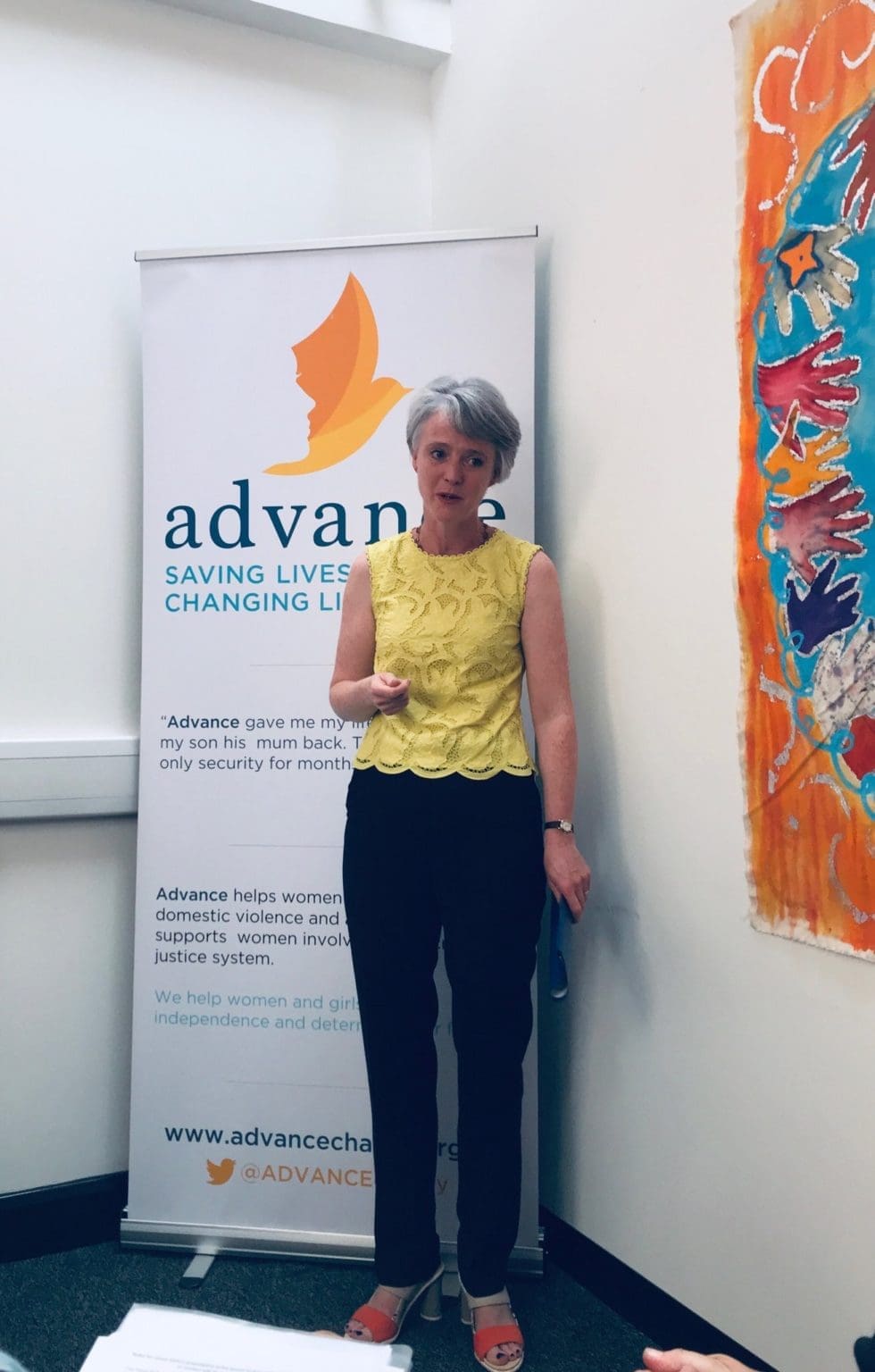The Deputy Mayor for Policing and Crime, Sophie Linden, set out a new vision for transforming how the criminal justice system works with female offenders in London.
Speaking at the Advance Women’s Centre in north east London, the Deputy Mayor introduced the ambitious Blueprint for Women – a new plan which aims to tackle the root causes of offending, prevent reoffending and ensure women have the support they need after leaving prison.
The Blueprint will ensure women are connected with mental health services, ensure appropriate safeguarding measures are in place, help women to build supportive relationships and to ensure a smooth transition into safe accommodation when leaving prison.
A key commitment in the Mayor’s Policing and Crime Plan, the Blueprint for Women will provide a more co-ordinated approach, bringing together the police, prisons, local authorities and rehabilitation organisations to better meet the needs of women and girls in the prison system.
The Mayor’s Office for Policing and Crime will fund an innovative pilot project to work with women who have committed lower level offences such as theft to divert them from the criminal justice system and on to a more positive path. They will be referred to support services for their individual needs, such as mental health or substance misuse, and offered help finding jobs and accommodation.
A number of organisations are currently working together to deliver the Blueprint, including the Prison Reform Trust, the Metropolitan Police, NHS England, the National Probation Service, the London Community Rehabilitation Company, London Councils, Lambeth Council, Women in Prison, Hibiscus and Advance.
Niki Scordi, Chief Executive of Advance, said: “We welcome the Mayor of London’s commitment to transform the criminal justice response to women in London. The Blueprint for Women recognises that systemic change requires a coordinated community response by statutory, voluntary and other justice organisations. The Blueprint also acknowledges that community-based alternatives to custody, like Advance’s Minerva service and Women Centres, are the appropriate response to women in contact with the criminal justice system, most of whom have committed non-violent offences. It is also what women with lived experiences tell us, that specialist services which put women at the centre, deliver the most positive outcomes for them, their children and communities, towards breaking the cycle of re-offending and re-victimisation.”


